
“I am from this land. My ancestors are buried here on this land. This land is our land and it’s part of me and part of everything I am and everything I do,” – Autumn Peltier, CBC News.
More than 140 Indigenous nations still do not have access to safe drinking water.
Communities like Kitigan Zibi haven’t had access to clean drinking water now for over 30 years, and Ontario’s Neskantaga First Nation has been on a boil water advisory for 23.
Within Haudenosaunee teachings of roles and responsibilities, women are tied closely to water for their ability to give life – but with traditional norms aside; human cells, tissues and the maintenance of bodily functions are still powered by water. This makes the protection of and access to clean, healthy drinking water one of the most important issues faced by indigenous nations today, even though it shouldn’t be.
This is why the message of young Anishnaabe water advocate Autumn Peltier, 13, and the messages of other water protectors and advocates are growing increasingly important.
“I know that just from seeing and speaking in other places, I know that tons of people are hearing the message that me and tons of other people are trying to get out,” said Peltier to CBC News.
“Protecting water and just getting our message and I know that there’s a lot people listening and learning still that are protecting the water with us.”
The young member of the Eagle Clan from the Wikwemikong Unceded First Nation in Northern Ontario will be travelling to speak at the United Nations (UN) in the Spring – the same day as World Water Day. She was just eight years old when she began advocating for water protection, and it was her aunt Josephine Mandamin that inspired her to do so by passing on the knowledge of the sacredness of water. She is now passing on her knowledge to all as she will address world leaders during the UN General Assembly in New York for the declaration of the International Decade for Action on Water for Sustainable Development.
“I’m representing my First Nations Peoples and I’m representing the water,” she said. “This is a huge thing that the world needs to hear and pay attention to what’s going to happen to our planet.”
Not only is Peltier the only child living in Canada to be nominated for the 2017 International Children’s Peace Prize, she will also be receiving the Sovereign’s Medal for Volunteers in January at the Office of the Lieutenant Governor of Ontario; which is a national award that recognizes the contributions she made to her community.
“I do what I do for the water because water is sacred,” she said. “We all need water. We wouldn’t be able to live without water, nothing would.”
The teachings surrounding water are both sacred and precious, but have become rare in many indigenous cultures as the aftermath of colonization has taken its toll. Although Peltier has mixed emotions on the history of Canada as she has relatives that served in both World Wars, yet has seen the toll taken during the country’s history, she still looks at being in existence today as a call for rejoice.
“My people should be celebrating resilience because we are still here and we survived the whole time.”
Now it is only a matter of ensuring that the world survives too.
Sources Cited:
http://www.cbc.ca/news2/interactives/i-am-indigenous-2017/peltier.html
http://www.huffingtonpost.ca/2017/03/21/safe-drinking-water-canad_n_15528554.html
http://www.cbc.ca/beta/news/indigenous/autumn-peltier-anishinaabe-water-advocate-un-1.4448454


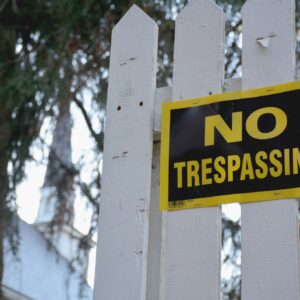

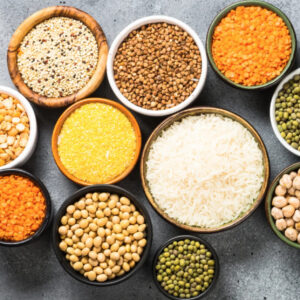
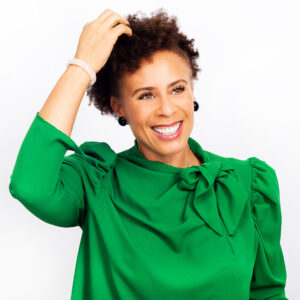
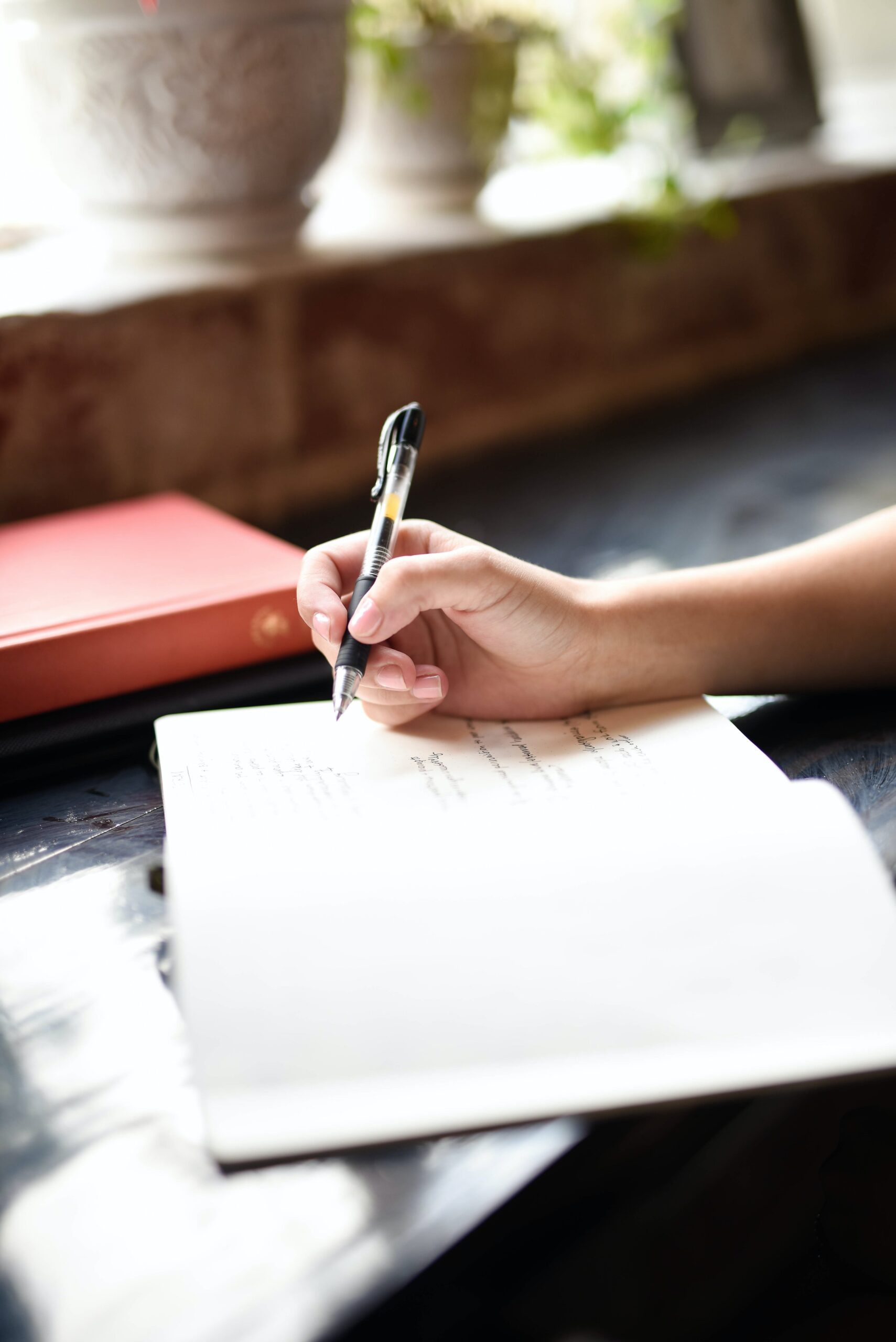
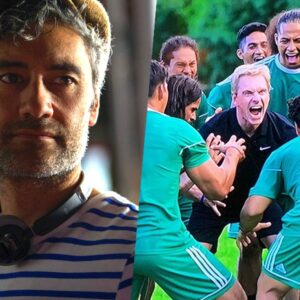
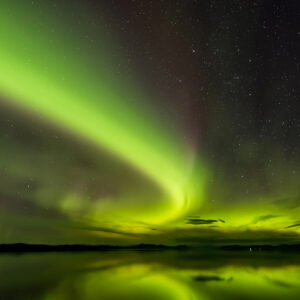


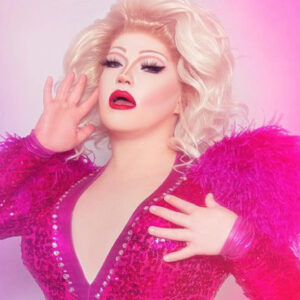
I believe Autumn! Anyone with 2 grains of sense to rub together knows she speaks truth! They may not to want hear it or like it but it is so.